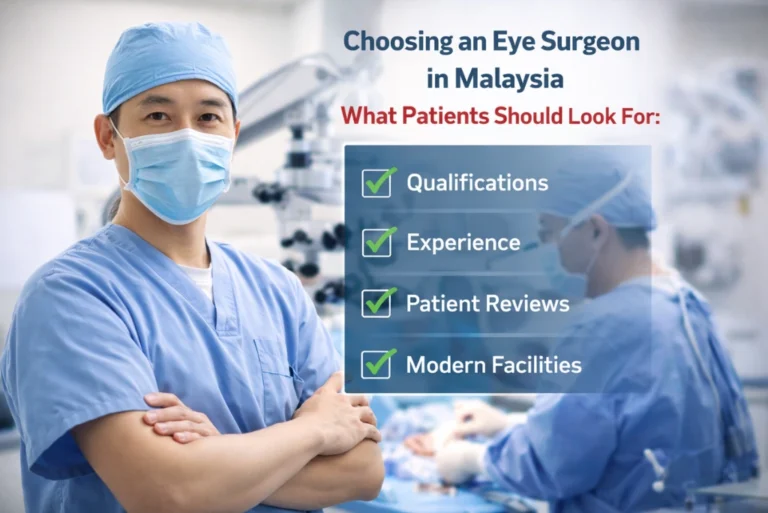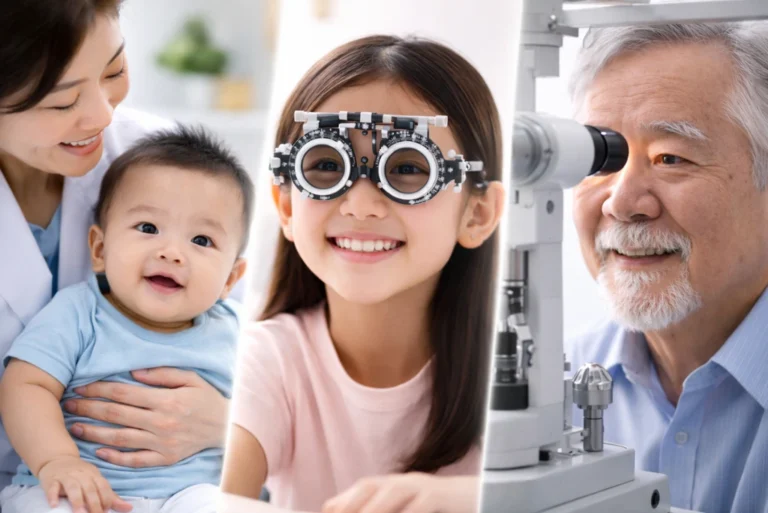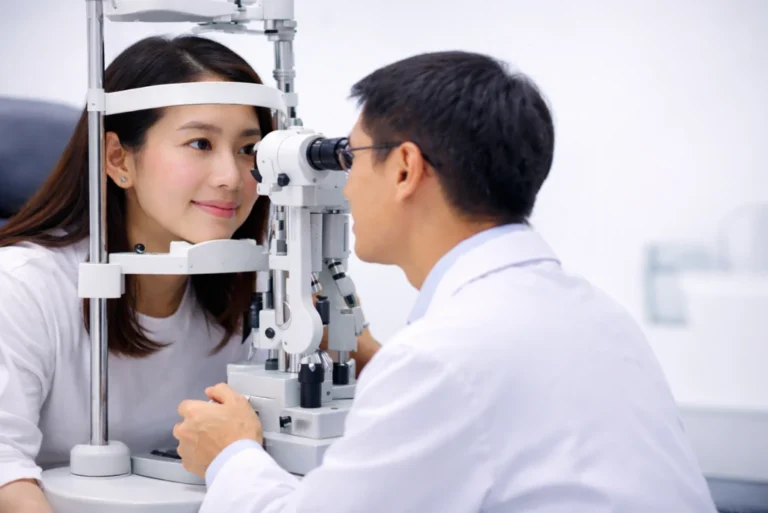Routine Eye Exams: Should You See an Optometrist or Ophthalmologist?
Regular eye exams are key to healthy vision, but deciding between an optometrist or an ophthalmologist for routine care can be confusing. Here’s a practical guide to simplify your choice.
When to Choose an Optometrist for Routine Exams
Optometrists handle most routine vision care needs, including:
- Annual vision screenings
- Updating prescriptions for glasses or contact lenses
- Basic eye health checks for early signs of issues (e.g., glaucoma, cataracts)
- Managing minor conditions like dry eye or mild allergies
Typical Optometrist Exam Includes:
- Vision acuity testing
- Prescription updates
- Eye pressure checks
- Preliminary eye health screening
Choose an optometrist for standard vision care and general eye health maintenance.
When an Ophthalmologist is Better for Routine Care
An ophthalmologist is recommended if your routine care requires special attention due to:
- Existing eye diseases or chronic conditions
- Higher risk due to family medical history
- Previous eye surgeries
Typical Ophthalmologist Exam Includes:
- Comprehensive medical eye evaluation
- Advanced diagnostic imaging (e.g., OCT scans)
- Monitoring for progressive conditions (e.g., diabetic retinopathy, macular degeneration)
Choose an ophthalmologist for routine exams if you’re managing or at risk of advanced eye health issues.
How Often Should You Schedule Exams?
- Children & teens: Annually
- Adults (18-60): Every 1-2 years
- Seniors or high-risk patients: Annually
Practical Examples
Visit an Optometrist if you:
- Need a new prescription for glasses or contacts
- Have occasional dry or itchy eyes
- Are due for your yearly check-up without other eye issues
Visit an Ophthalmologist if you:
- Experience sudden vision changes
- Have diabetes or a family history of eye disease
- Need ongoing monitoring for glaucoma or retinal issues
Making the Right Choice
Start with an optometrist for most routine needs—they can refer you to an ophthalmologist if specialized care becomes necessary.
Next Steps
Book your eye exam today with confidence, knowing you’ve chosen the right professional for your needs.
FAQ
Q: Can an optometrist detect serious eye problems?
A: Yes, optometrists can detect serious issues early and will refer you to an ophthalmologist for further care if needed.
Q: Should seniors always choose ophthalmologists for routine exams?
A: Seniors often benefit from ophthalmologist care due to increased risks, but routine optometry visits are suitable if no serious conditions exist.
Ready for clearer vision? Schedule your eye exam now.




